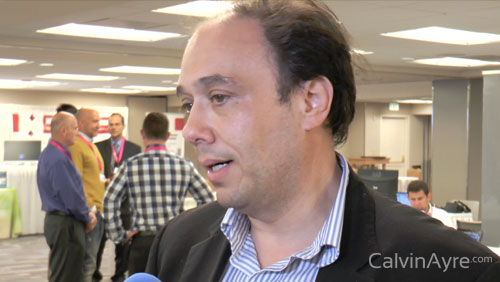Becky Liggero talks to Matt Davey, Nicky Senyard, Mario Galea and Kevin Reid as they share their thoughts if bad actor clause is appropriate to be included in regulation.
Becky: What do you think about this whole bad actor clause debate? Do you think it’s appropriate to include it to regulations or do you think that it doesn’t belong in there?
Matt Davey (NYX Gaming Group)
“It is contentious. I think ultimately from our perspective what we’re focused on is what’s good for the customer. And the customer, at the end of the day, should have the best quality product with the best quality operators. So we’d rather see a focus on quality management rather than any particular focus on bad actor clause. It’s so difficult to define who fits in or who doesn’t fit in. Ultimate high-quality operators with strong integrity and good product, that’s what should really come to market.”
Nicky Senyard (Income Access)
“I think it’s a case of if you’ve done something that’s isn’t been appropriate; the people running that were running at that time made a strategic choice to do that. So now say well we’ve change and we should be now let in. It’d probably a little naïve. I am not quite sure where I should be. I am not sure if it’s should be in the regulations themselves or in the application of the regulations. And that’s two are very different approaches.”
Mario Galea (Random Consulting)
“It depends upon what’s behind the bad actor clause. It’s not to eliminate a single operator or in a way to try to create a competitive advantage. Online gaming is an industry, which is different from land-based. It is an opportunity that you can build in the cyberspace, right? So the situation you have with somebody building an illegal asset online and then somehow sell it to a legal operator means that essentially a scalable process that you can do. So the original intention of the bad actor was more notual someone to replicate a situation. Unfortunately, it sort of targeted a single operator and has totally been interpreted in the industry.”
Kevin Reid (1X2Gaming)
“It depends on what they did, why they did it and what they’re doing to make sure that they’re behaving correctly going forward. I think that should be taken in consideration moving forward.”
